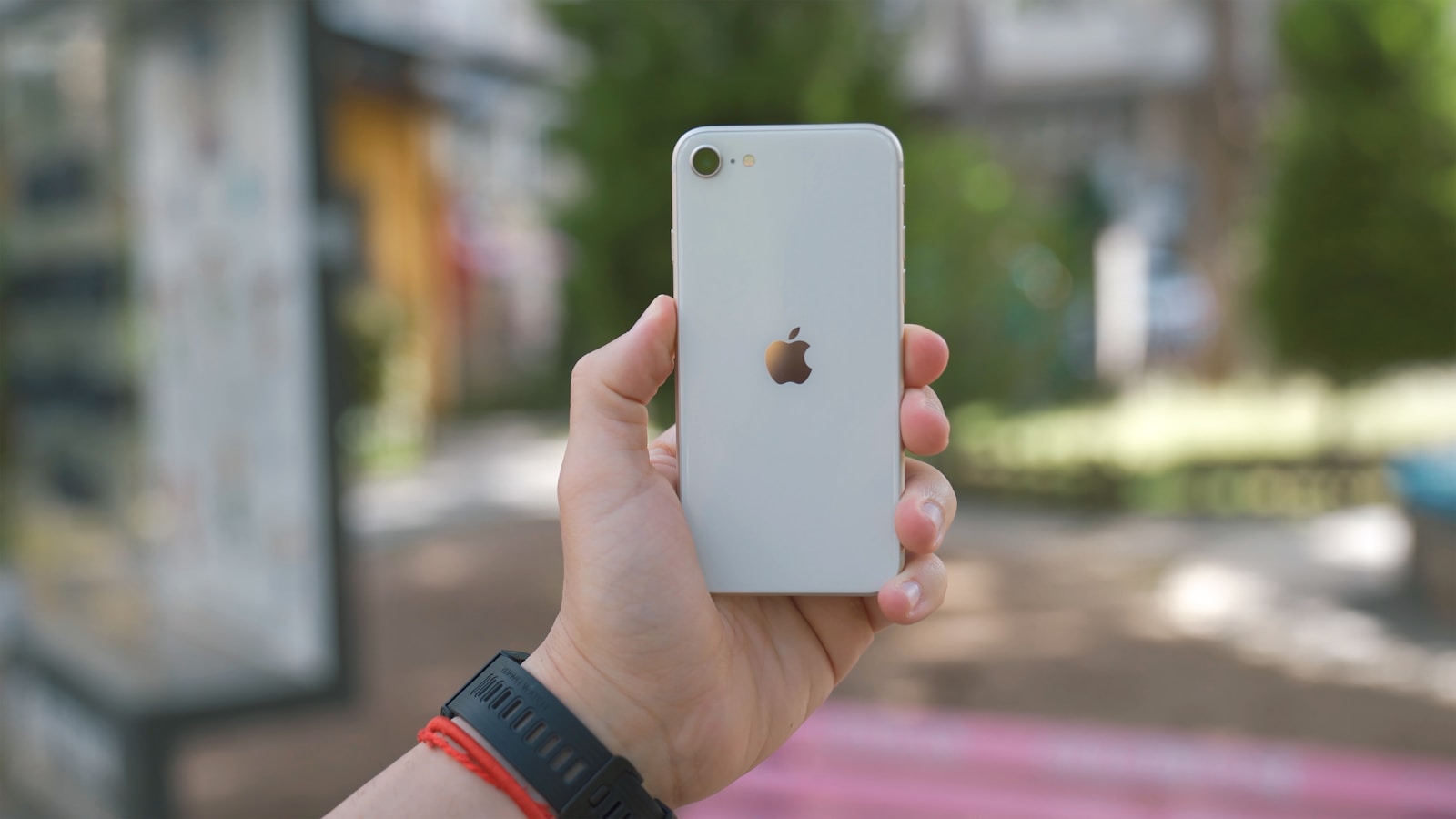
telefono

telephone
The word 'telefono' is the Italian translation of the English word 'telephone'. It is used in the same context as in English, to refer to a device that is used for communication. The plural form is 'telefoni'. An example of its usage in a sentence would be 'Il mio telefono non funziona', which translates to 'My telephone is not working'.
Example sentences using: telefono
Il telefono sta squillando.

The phone is ringing.
This is a simple statement typically used to indicate that someone is calling on the phone. 'Sta' is a present continuous form of the verb 'essere' (to be), and 'squillando' is the present participle of the verb 'squillare' (to ring). So 'sta squillando' literally means 'is ringing'.
Dov'è il tuo telefono?

Where is your phone?
This is a common question asking about the location of someone's phone. 'Dov'è' is a contraction of 'dove è', meaning 'where is'. 'Il tuo' means 'your'. So the phrase literally translates to 'Where is your phone?'
Ho dimenticato il mio telefono a casa.

I left my phone at home.
This sentence speaks about a past event wherein the speaker forgot their phone at home. 'Ho' is the first person singular present tense of 'avere' (to have), and 'dimenticato' is the past participle of 'dimenticare' (to forget). 'A casa' means 'at home'. Therefore, 'Ho dimenticato il mio telefono a casa' literally translates to 'I have forgotten my phone at home'.